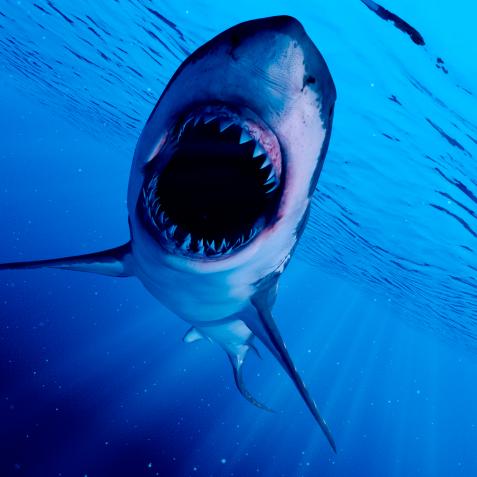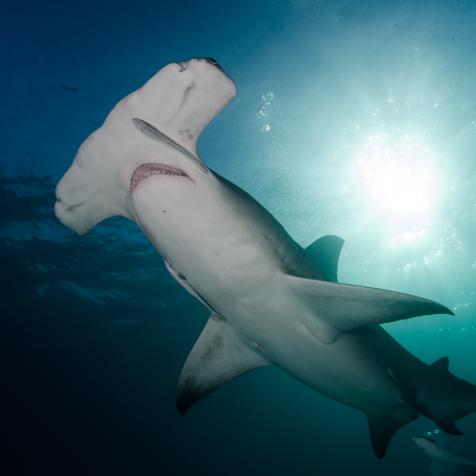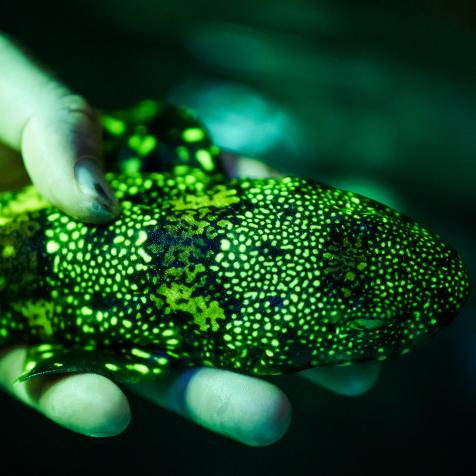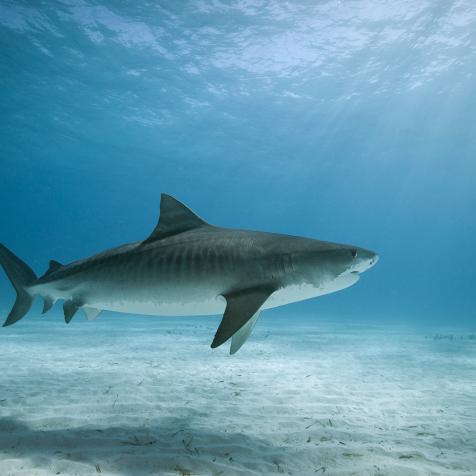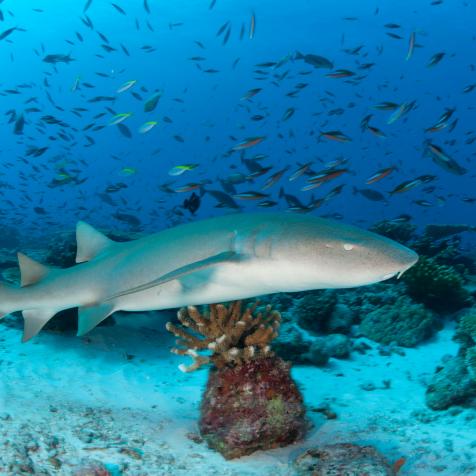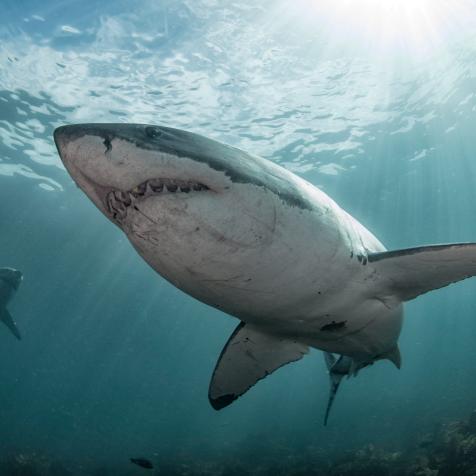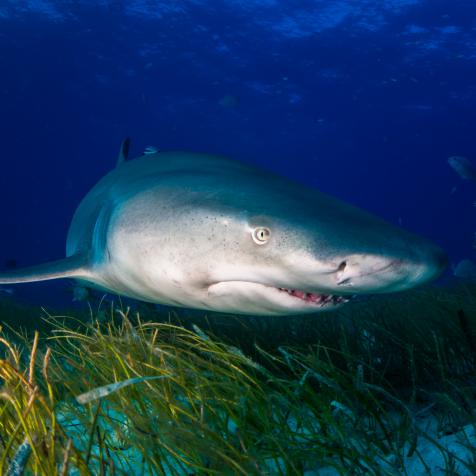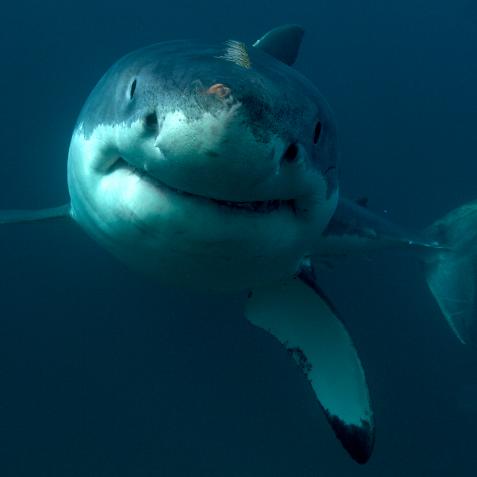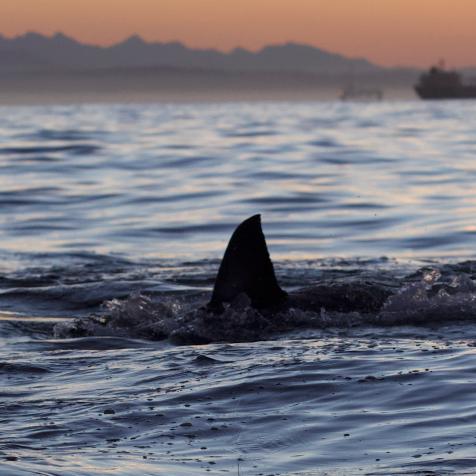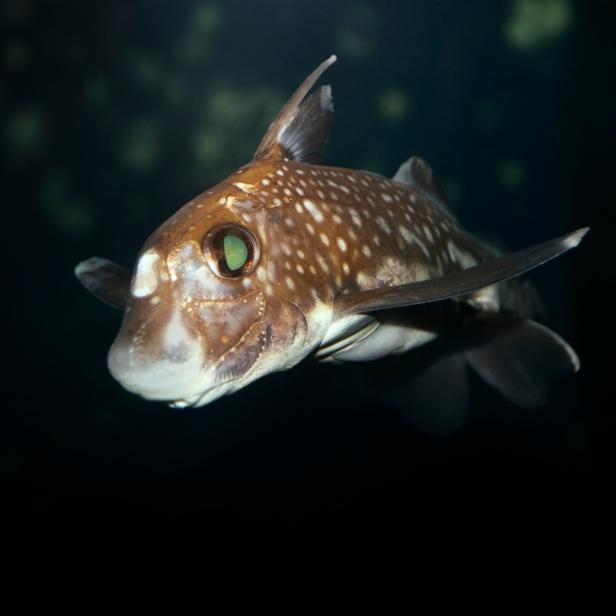
Svetlana Foote
Rare Baby Ghost Shark Discovered Off New Zealand Coast
Scientists hope the ‘very rare’ finding will fill in research gaps about the elusive species.
3,900 feet below the surface, scientists in New Zealand found a “mysterious creature.” They discovered the newly-hatched ghost shark on the Chatham Rise, a part of the ocean floor located off the eastern coast of the South Island.
Ghost sharks, or chimaera, are deep-water animals closely related to sharks and rays. These cartilaginous fish are also sometimes called ratfish, spook fish, and rabbitfish.
They lay eggs on the seafloor where the embryos feed off the egg yolk until they hatch. A scientist on the team who discovered the baby ghost shark said they were able to identify the shark as a baby because its stomach was still full of egg yolk.
"We don't actually know a lot about ghost sharks," said Brit Finucci, a fisheries scientist on the study. "What we do know mostly comes from adult specimens. So it's very rare and very uncommon to find juveniles of a lot of these species, so that's why I got quite excited."
Because ghost sharks make their home in very deep water, they are difficult to study. While the exact species of ghost shark isn’t known yet, scientists hope this discovery will help inform their knowledge of this mysterious creature.
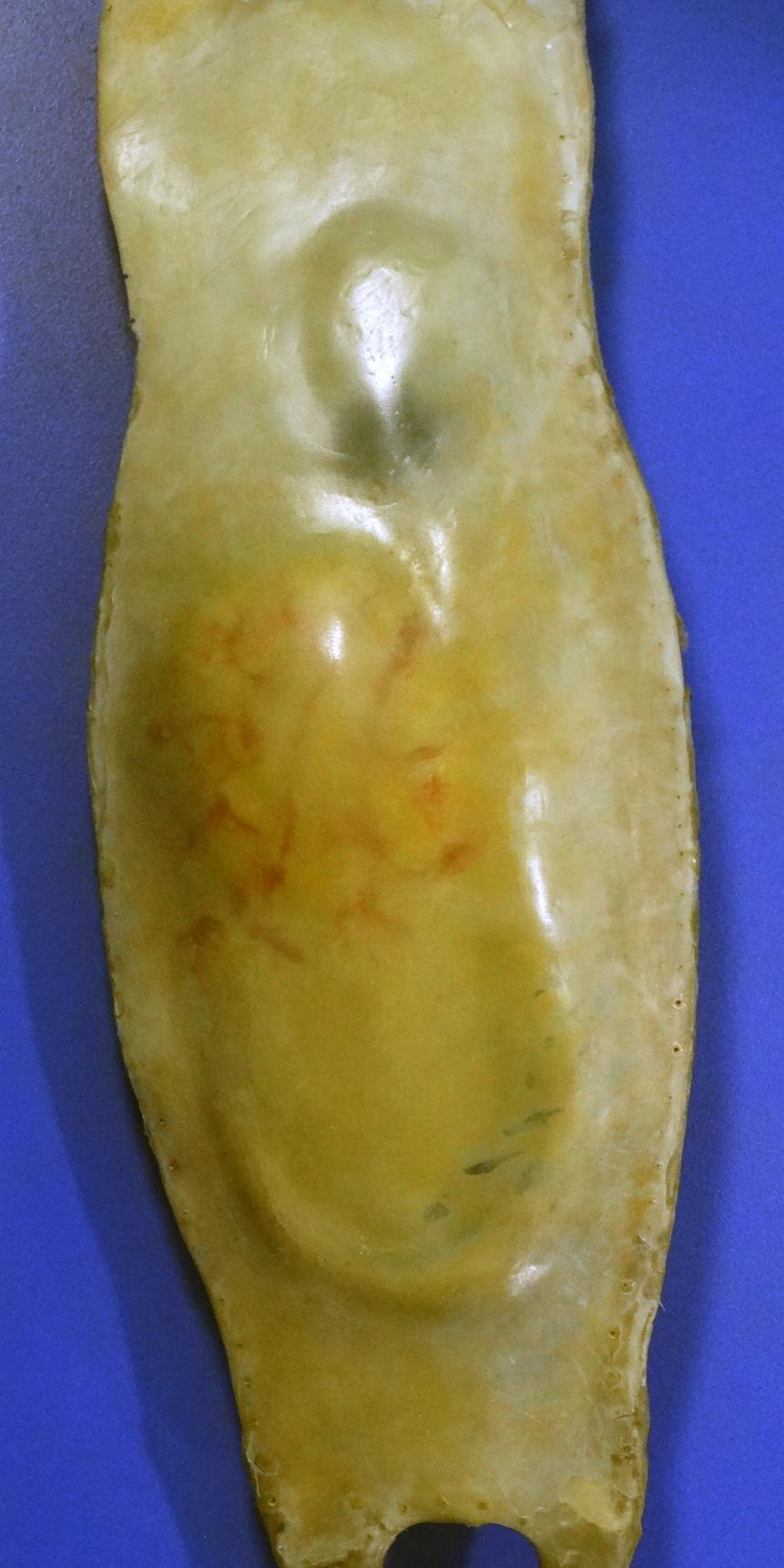
Universal History Archive
A Mermaid's purse, a casing that surrounds the fertilized eggs of some sharks, skates, and chimaeras. They are made of collagen protein strands.
"We're hoping this will give us some more indication about the biology and ecology," said Finucci. Researchers are using this shark to account for biological differences between juvenile and adult members of the subclass.
Finucci added, "We're not sure what we're going to find, which is also quite exciting."









